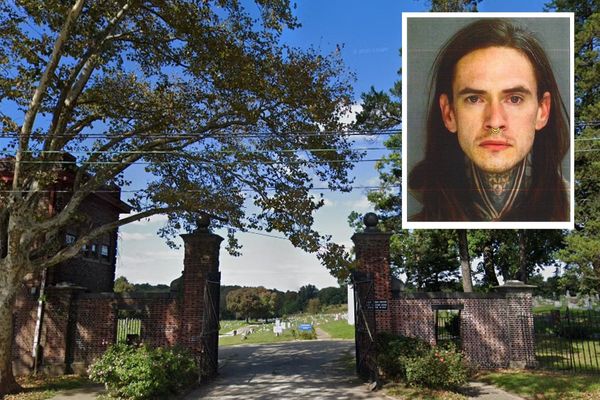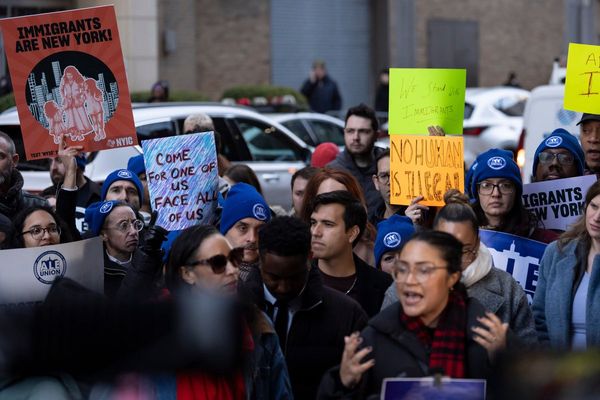
The descendants of formerly enslaved people on Georgia’s Sapelo Island are a step closer to retaining their land and culture after a state supreme court ruling on 30 September. Two years ago, McIntosh county commissioners voted to increase the maximum size of homes allowed in the Black community Hogg Hummock, also known as Hog Hammock, weakening zoning restrictions put in place several decades ago to protect the residents’ lands. The 30 to 50 Black residents of the enclave feared that the zoning changes would raise their taxes and displace them. Tuesday’s decision reversed a lower court ruling that halted a voter referendum aimed at repealing the changes. Now, county voters can decide whether to restrict large developments in the community in the future.
Dana Braun, an attorney for the Hogg Hummock residents, told the Associated Press that they were happy with the ruling. Now, she said, county residents will have “some real say”, on the allowable sizes of homes.
Hogg Hummock is one of the last remaining communities of Gullah Geechee people, the descendants of formerly enslaved west Africans who were forced to work on plantations on the Sea Islands along the south-east US. After the civil war, the formerly enslaved people resided on more than 400 acres of land, where their isolation from the mainland allowed them to retain their distinct creole language and culture. In 1996, the enclave was listed on the National Register of Historic Places as the Hog Hammock Historic District.
The Hog Hammock District was established in the 1990s to “reserve this area for low intensity residential and cottage industry uses which are environmentally sound,” according to McIntosh county code, “and will not contribute to land value increases which could force removal of the indigenous population.” A longstanding ordinance specified that home sizes would not exceed 1,400 sq ft, but the 2023 zoning changes more than doubled that to 3,000 sq ft.
In July 2024, county residents Stanley Walker, Christopher Bailey and Barbara Bailey filed a petition with more than 2,300 signatures to ask the probate court for a special election where county voters could decide if the new ordinance would be repealed. The probate court approved it, and hundreds of voters cast early ballots for the referendum. McIntosh county then filed litigation to prohibit the special election from proceeding and to declare the referendum petition void. Then in September 2024, a superior court ruled in favor of the county, concluding that zoning changes were not subject to the referendum process, according to the opinion. Walker and the Baileys then filed an injunction to prevent enactment of the ordinance as the case continued to wend through the courts.
On Tuesday, the state supreme court concluded that the lower court erred in its decision that a special election was illegal. Justice John Ellington wrote in the opinion that “nothing in the text of the Zoning Provision in any way restricts a county electorate’s authority to seek repeal of a zoning ordinance.”
Jazz Watts, a Hogg Hummock resident who was behind the referendum petition, told the AP that he felt vindicated by the ruling. “The election should not have been stopped. It was stopping the voice of the people.”
“The people are Geechee people because we were left unbothered and untouched,” descendant Keara Skates told Capital B News. “I just want the Geechee people to stay Geechee.”







